Apple is undoubtedly one of the largest tech companies in the world. And with almost 37,000 of its 161,000 total employees working in California and its headquarters based in Silicon Valley, the tech giant had long been synonymous with the Golden State.
However, Apple recently announced that an entire division based in San Diego will be shut down in April 2024. For those working there, they have two options: move to Austin, Texas, or be let go.
Apple’s Longstanding Ties to California
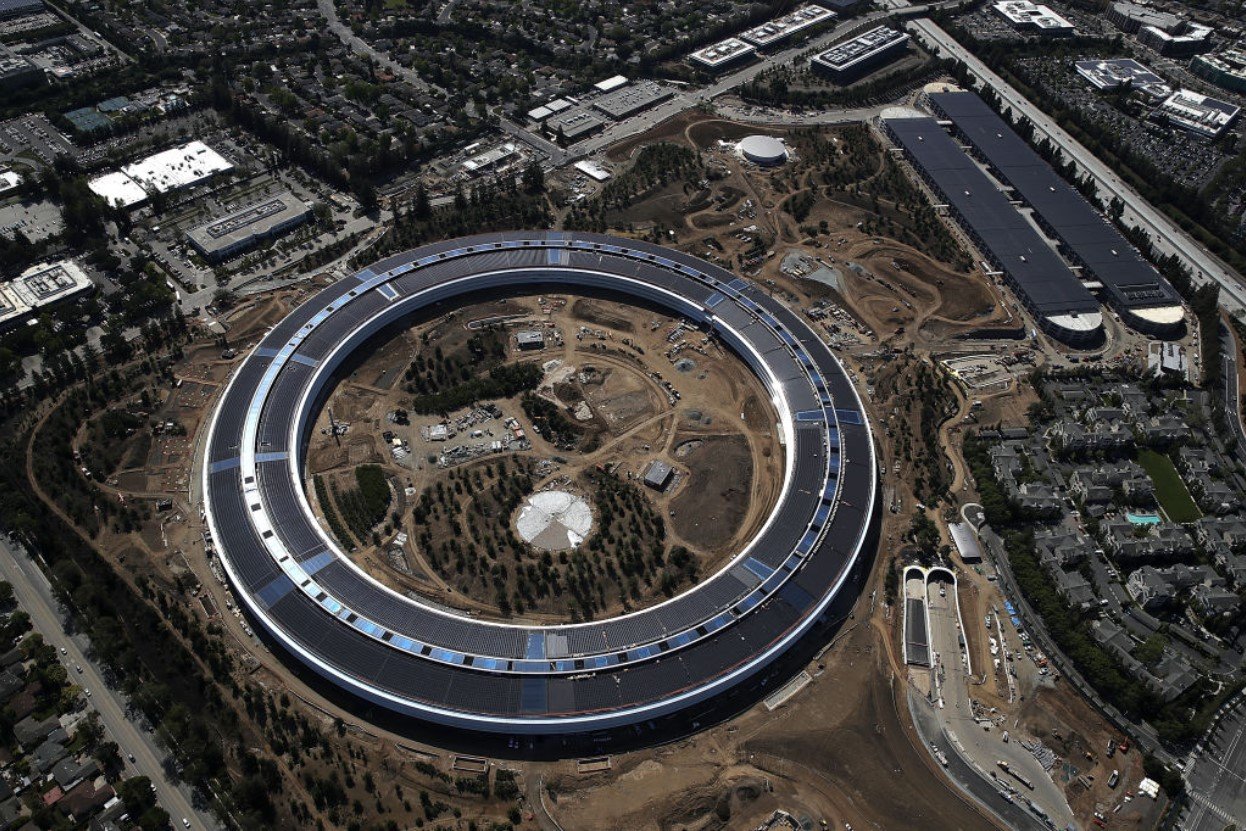
In 1976, Apple was first founded by Steve Jobs and Steve Wozniak in Jobs’ parents’ garage in the quiet city of Los Altos, California.
By 1993, the company had expanded and opened its first-ever corporate headquarters just miles from the garage in Cupertino, outside of San Jose, California. By 2017, Apple had opened a second, larger headquarters known as Apple Park, but they never left Cupertino.
Apple and California Are Iconic
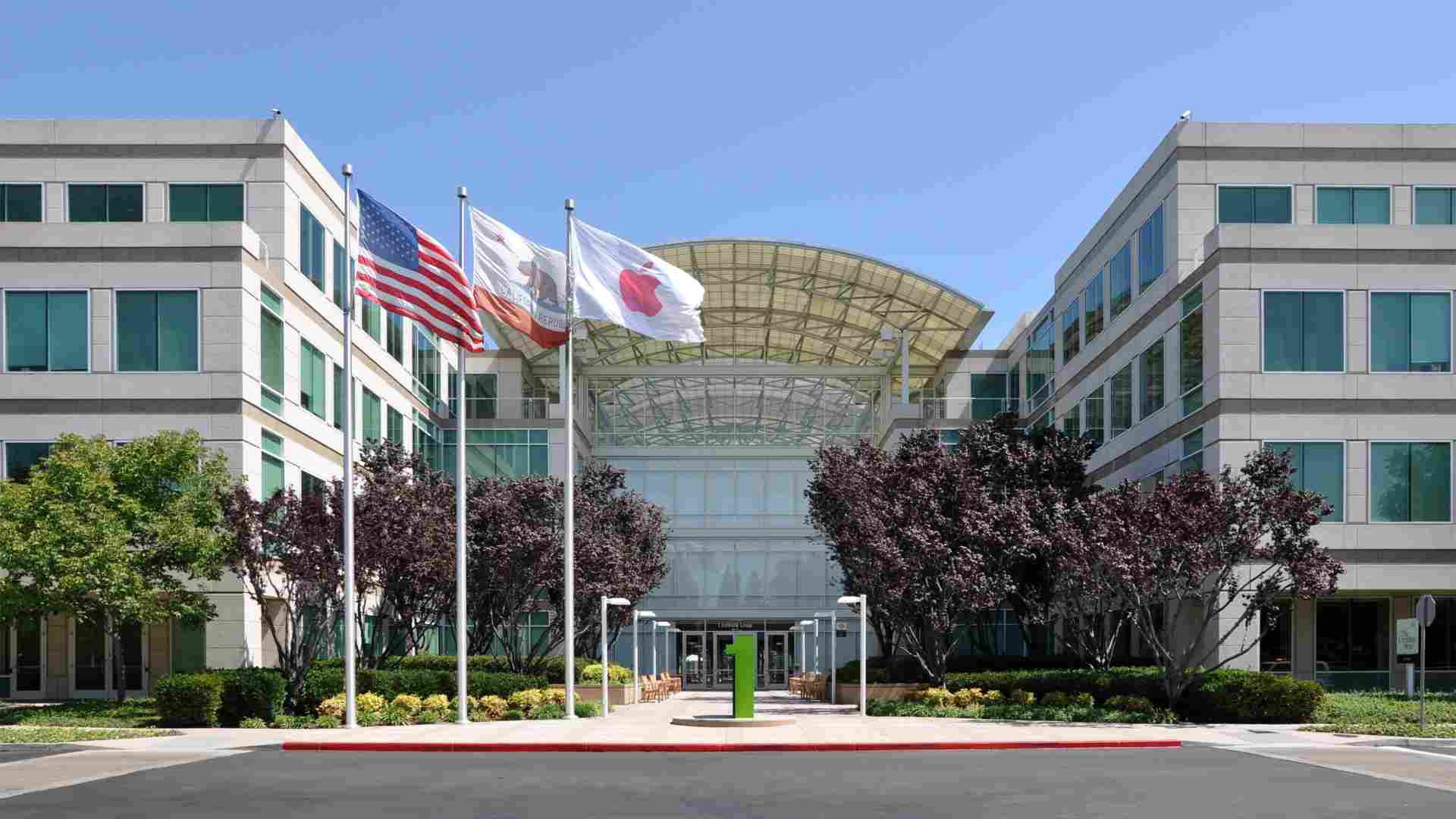
In the mid-1990s the tech boom happened when many companies started to incorporate the advent of the internet into their business models.
These so-called “dot-com” startups surged in California, causing a redefining of the Californian identity. California became synonymous with tech and innovation. Apple became one of the cornerstone pieces of this new tech identity as it continued to push out innovations in the 2000s.
Apple Employees Live all Over the Country

Of course, although Apple kept its ties to Cupertino and California as a whole, it also grew immensely over the past 50 years and has since opened offices all over the country and the world.
But Apple just announced that one office in San Diego, California, made up of 121 employees, will be shutting down this year, and it gave those employees quite the ultimatum.
Move to Austin, Texas

The two options for these 121 employees are to move to Austin, Texas, or be terminated on April 26th. They have until the end of February to make their choice.
The 121 employees all work for Apple’s Data Operations Annotation team. They focus on AI development and, specifically, Apple’s assistant, Siri.
The San Diego Data Operations Annotation Team

For years, the Data Operations Annotation team has been working to ensure Siri understands a wide variety of languages, including English, French, Arabic, Portuguese Hebrew, and several dialects of Spanish.
And Apple has promised that they can keep their jobs and continue to do the same important work, as long as they’re willing to do so from Texas.
Christine DeFilippo Made the Surprising Announcement

Top deputy to Apple’s AI chief, John Giannandrea, Christine DeFilippo, made the announcement and released details of the offer earlier this month.
The San Diego employees who were affected by this decision were certainly surprised by it. Shortly before the announcement was made, they were supposedly told they would only be moving to another office within San Diego, but now, they have to move more than 1,300 miles away to keep their jobs.
The Conditions of Apple’s Ultimatum

Apple explained that employees who decide to stay on and move to Austin would have until the end of June 2024 to move and receive a $7,000 relocation bonus.
Those who decide they don’t want to leave San Diego will be terminated with four weeks of severance, as well as an extra week for every year they’ve been with Apple. Furthermore, their health insurance will continue for an additional six months.
Why Move Data Operations Annotations to Austin?

An Apple spokesperson commented on the decision to move the Data Operations Annotations team to Austin, saying it’s “where a majority of the team is already based.”
So it seems that this move is really about cohesion and efficiency, not about shutting down the San Diego Office. And even if the majority of Apple employees decide to move to Austin to keep their jobs, only about 100 employees will be relocated, which wouldn’t make a significant dent in the San Diego offices.
Why Can’t Tech Workers Work From Home?

With the increasing popularity of at-home workers, some may wonder why Apple can’t just allow their workforce in California to continue their roles over the Internet.
While their jobs could be done from home, many big tech companies are insisting that workers come into the office at least several days a week. After the pandemic got people used to working from home, the transition has been difficult to adjust to for some.
Apple’s Strictness Toward At-Home Workers

Fortune reported in early 2023 that Apple threatened to fire or discipline workers who were not showing up to the office at least three days a week. Many companies in tech and other industries are struggling to get workers to come back into the office after they have a taste of not having to commute to work every day.
Bank of America recently threatened its employees with “Letters of Education” to try to strong-arm these workers to come back to work regularly.
The Mother of All Experiments

Previously, Apple CEO Tim Cook called at-home work the “mother of all experiments.” As recently as 2022, the company was more positive towards the idea of remote work.
They were seemingly interested in trying out a hybrid work model and experimenting with augmented reality technologies to supplement the in-person interaction gap. Looking at this latest decision from Apple to threaten workers with relocation makes it apparent just how the conversation has shifted in a short time.
San Diego Will Still Be Home to Thousands of Apple Employees
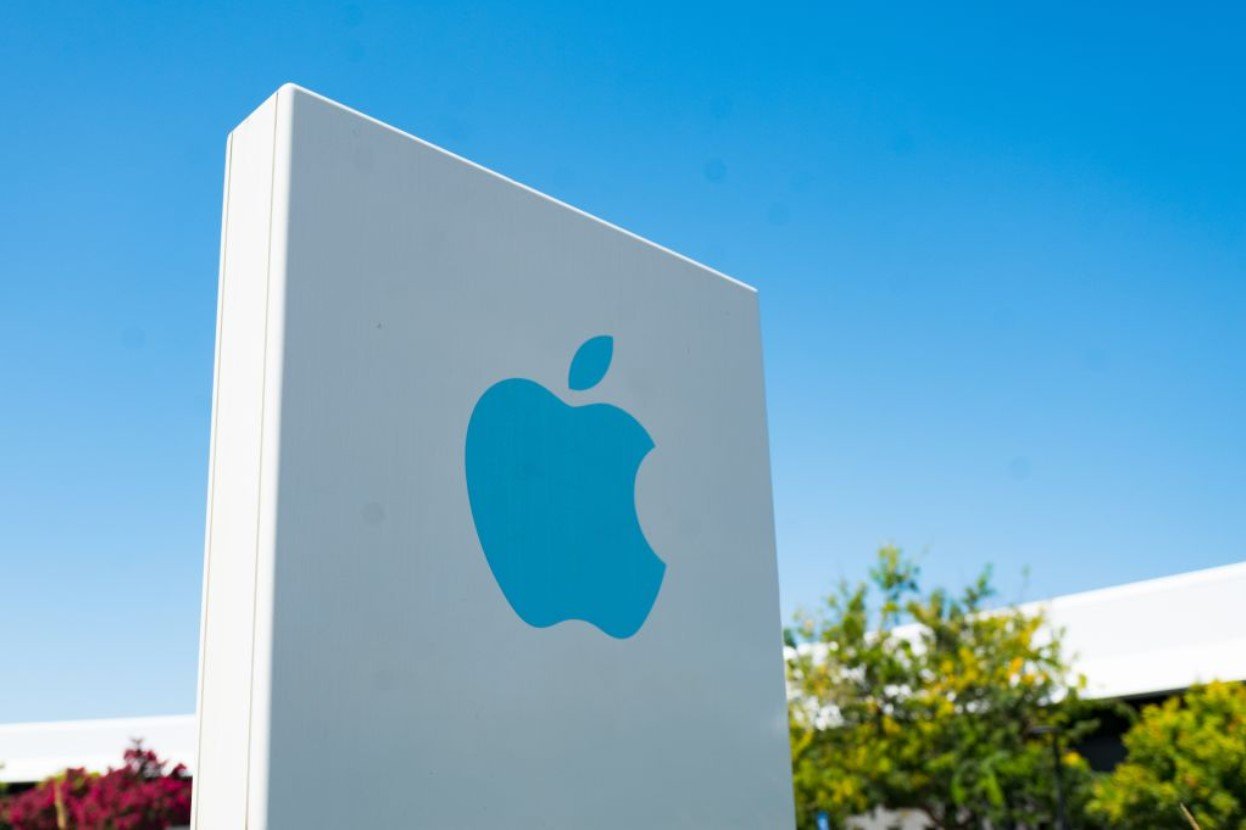
In fact, the spokesperson continued to say that Apple is still “deeply committed to San Diego” and that the offices there have “grown significantly” in recent years.
According to Apple’s website, they are planning to continue extensive growth in San Diego, not downsizing as it may seem. The website says, “We’re looking forward to long-term growth in San Diego, with a goal to reach 5000 employees by 2026.”
Many Companies Are Leaving California

Despite Apple’s promise to keep the existing team in San Diego strong, workers may be easily skeptical given the exodus of many companies in recent years from the Golden State.
In just the past year, tech giants Google, Amazon, SpaceX, and Tesla either moved their headquarters or massively expanded their offices in Austin, Texas. Even Apple themselves expanded its operations in Texas during 2023, a trend that doesn’t seem to be slowing down.
Apple’s Austin Office Is Growing Substantially
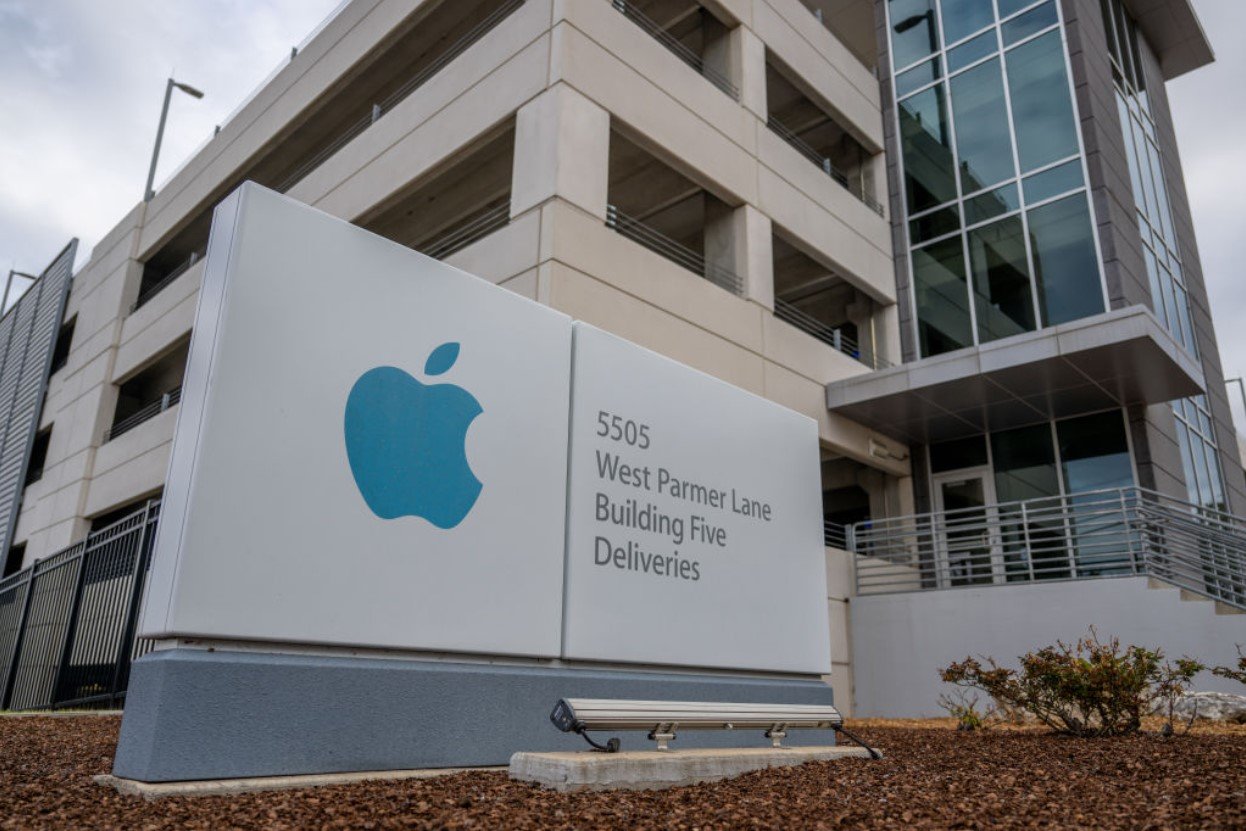
And it’s not just the San Diego offices that are expanding. Apple has big plans for Austin, Texas, as well.
In addition to the hundred or so employees they’re sending to Texas, Apple also reported, “We’re growing our campus [in Austin] to welcome thousands more. The plans include covering over 60 percent of the property with landscaping so you can stretch your legs or clear your mind in lush, green spaces.
Google’s Office Expansion in Austin

In 2023, Google expanded their office space to encompass a total area of more than 1.5 million square feet in downtown Austin, Texas.
As Google moved in jobs and real estate development followed suit. Companies moved in to start providing housing to the estimated 10,000 jobs that Apple’s decision would create. Local businesses also appreciated the boost to traffic. This investment reportedly cost Google around $9.5 billion dollars.
TikTok’s presence in the Lone Star State

Austin Business Journal reported in 2023 that TikTok may be the next company to expand operations in Texas.
TikTok already has offices in the city of Austin but submitted a filing for the construction of additional floors of Tower 300 Colorado. TikTok is currently headquartered in California but it seems to have its eyes set on Austin. The project is estimated to cost $17 million.
Why Texas?

With so many big companies moving into Texas, it’s easy to wonder why. Texas is not the first place people think of when considering a tech capital in the United States. One of the reasons is that economic activity in the state is booming.
With economic opportunities come businesses whose mission is to make the most money for shareholders. When more big names move into the area, it drives further interest in the state, boosting the economy even higher.
Politics in California

One reason many big companies are moving away from California specifically is because of possible political proposals. Governor Gavin Newsom is pushing for a form of wealth tax to be passed in the state.
If a wealth tax is successful, it would burden tech companies, which already make up a substantial share of tax revenues. The rich people in California would be tempted more than ever to leave the state.
Tech Companies Leaving California May Spell Doom

As more tech companies pick up and move their operations away from the state, the government will continue to experience problems.
The Legislative Analyst’s Office (LAO) estimates that just the four largest tech companies in the state contribute more than 6% of the state’s income tax withholding. This is an incredible number that has doubled since 2016 and quadrupled in the past 10 years.
California’s Budget Deficit

Relying on tech giants to foot the bill for taxes is a risky strategy for the California government. This is especially true in the light of a projected budget deficit that shows no signs of being relieved.
The LAO estimates that the 2024-2025 California fiscal budget will be short to the tune of $68 billion, which is double what it was the previous year.
Apple’s AI Efforts

Apple’s focus on moving employees to Austin is an effort to advance the company’s progress on its AI goals. Currently, the company is hard at work to develop a generative AI for its voice assistant Siri.
Computer World reported earlier this month that Apple plans to have nearly 1 billion AI-equipped smartphones shipping out with generative AI by 2027. It has a lot of work to do to catch up with ChatGPT and Microsoft Copilot.
Apple Is Already Making Headlines for Its Smartwatch Debacle

Realistically, this announcement is neither good nor bad news for Apple as a whole. It just affects the 121 employees who may or may not move to Texas.
But it does come at the same time the company is facing a real problem. Apple is currently being forced to stop selling its recently developed smartwatches as, apparently, the company used patented technology from biotech company Massimo to make them.
What’s Next for Apple?
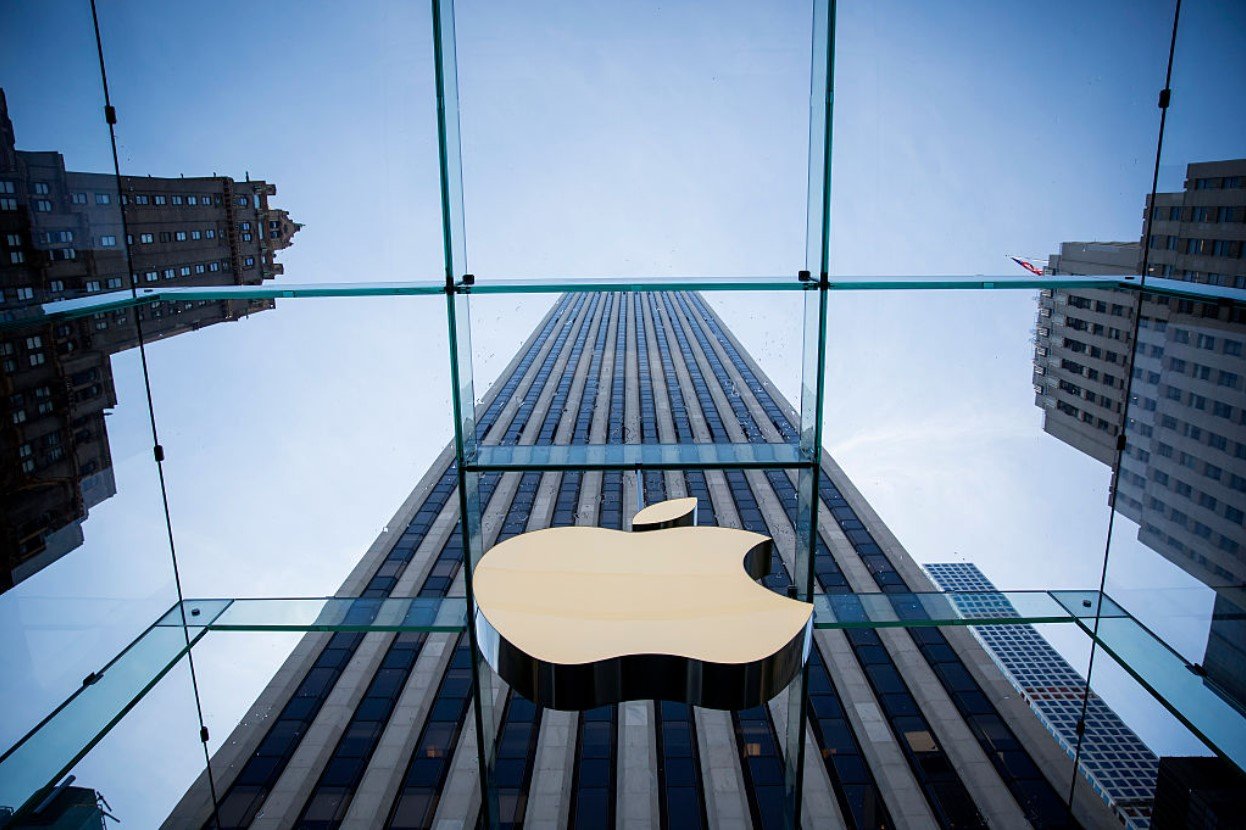
Additionally, Apple’s iPhone 15s had seriously unimpressive sales and its stock is slowly sinking as financial advisors warn against it.
But it’s crucial to understand that Apple, even with all of these issues at hand, is still worth a whopping $2.96 trillion. For a company so large, moving employees around, selling fewer phones than planned, and even a decline in share price won’t really affect the behemoth.
